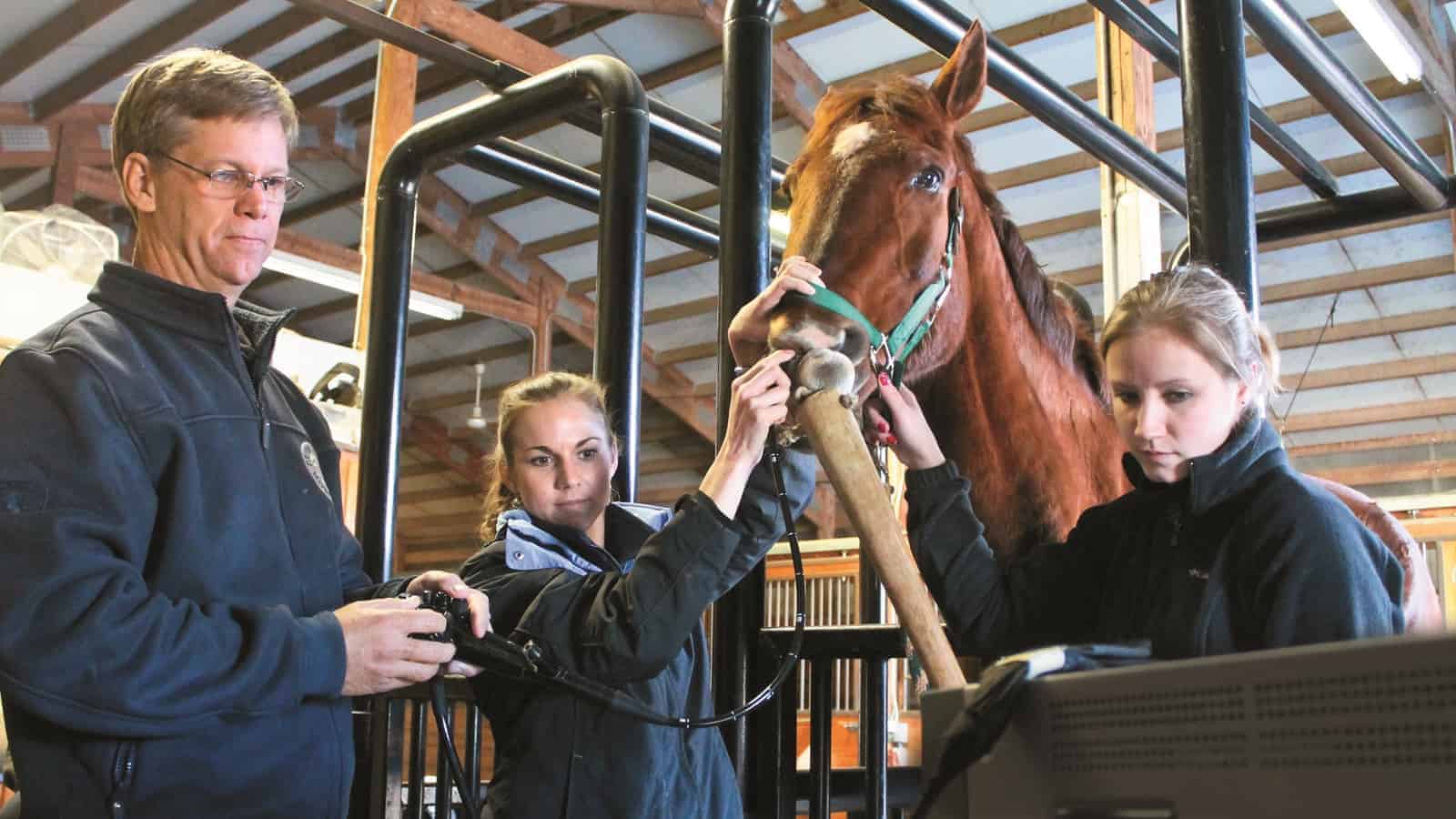Misoprostol: A Better Option for Treating Equine Glandular Gastric Disease

“While both types of disease fall under the umbrella term equine gastric ulcer syndrome, research shows that they are actually distinctive entities with different risk factors and, therefore, likely different ways of developing,” explained Gayle. D. Hallowell, VetMB, PhD, Dipl. ACVECC and ACVIM, a professor in veterinary internal medicine and critical care at the University of Nottingham.
Hallowell described how while horses with ESGD have apparent ulcerative damage to the stomach wall, horses with EGGD instead seem to have a mixed type of nonulcerative inflammation. Another example of how the two differ is that omeprazole, an oral medication proven useful for treating ESGD, doesn’t appear particularly effective for horses with EGGD.
“Omeprazole decreases the acidity of the stomach, thereby protecting the squamous or upper region of the stomach in ESGD. The fact that horses with EGGD do not respond favorably to omeprazole suggests that other factors contribute to disease, such as a breakdown of normal gastric defenses, reduced gastric blood flow, or that EGGD is an extension of inflammatory bowel disease,” Hallowell said
Create a free account with TheHorse.com to view this content.
TheHorse.com is home to thousands of free articles about horse health care. In order to access some of our exclusive free content, you must be signed into TheHorse.com.
Start your free account today!
Already have an account?
and continue reading.

Written by:
Stacey Oke, DVM, MSc
Related Articles
Stay on top of the most recent Horse Health news with












